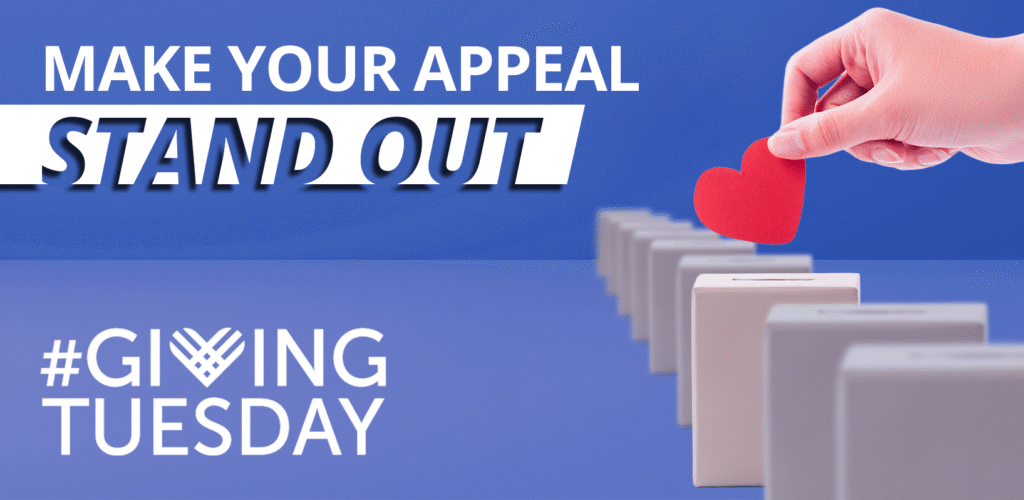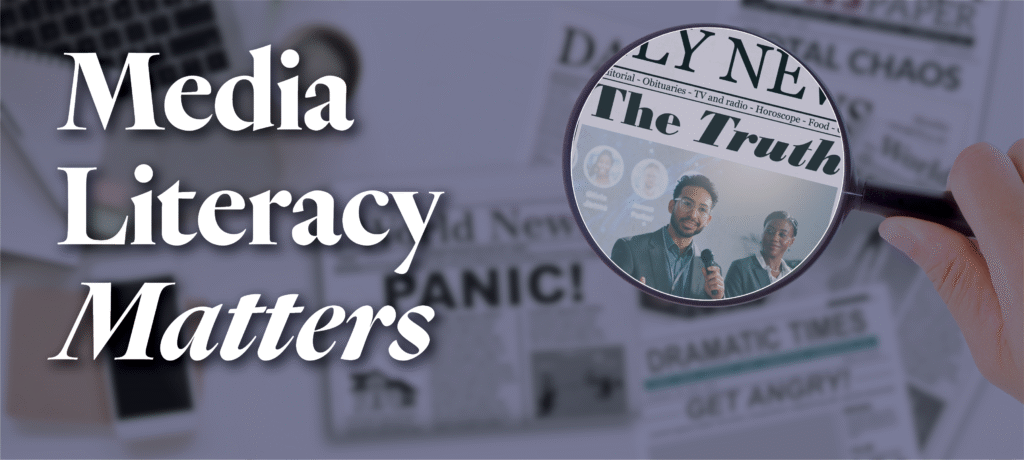Preparation and clarity are essential in getting your story out effectively, writes Ceisler Media Senior Vice President Kirk Dorn.
I almost hate to admit this, but I watched the entire two-hour interview with Prince Harry and Meghan earlier this month. I am not a royal watcher. I didn’t even watch The Crown. In fact, I had planned to tune into the NBA All-Star game until the two players from the 76ers had to cancel their participation after being exposed to a barber with COVID.
As it turned out, the interview with Oprah was mesmerizing, and not just because Meghan is strikingly beautiful. She revealed details of the intrigue that led her and Harry to leave the cocoon of Buckingham Palace. She revealed she had contemplated suicide because she felt unprotected after members of the royal family told Harry they were concerned about the skin darkness of the baby that the biracial Meghan was about to deliver.
It was all very dramatic and emotional. But the lesson for those of you who must be interviewed as part of your job responsibility is – Preparation.

In other words, it’s not as simple as, “Hey, let’s just sit down with Oprah and tell our story.”
I am not suggesting that anything Meghan said wasn’t true. In fact, she came across as a credible and sympathetic character. That is what preparation can do. It helps that she was an actor before meeting and marrying Harry, but the bottom line is she accomplished her mission – telling her story.
If any of Oprah’s questions caught her off-guard, Meghan did not show it. She paused to fully process the questions to call up the responses she had planned and wanted to present. She offered often-emotional statements that helped convince us how sincere her story was.
I will never forget (from an earlier career) being on the air at KYW Newsradio the night Princess Diana, Harry’s mother, was killed in a car crash in 1997. Early in my shift, the news was simply that she had been in an accident and taken to a hospital. By the next hour, it was becoming clear the situation was dire. By the end of my shift, all that remained was palace confirmation of her death.
What Meghan clearly conveyed in this interview was that she was figuratively traveling down the same road Diana had all those years before – living a life under tremendous scrutiny, already beloved by so many around the world, yet resented and receiving no support from what she refers to as the “institution” or the “firm,” the guardians of the royal family’s image.
Princess Diana’s tragic death occurred when Harry was just 12, and that event and the coverage around it led him to know he had to get Meghan out of the situation, according to what the couple said in the interview. So, they moved to Canada temporarily and then to Los Angeles, where they are now living happily ever after.
Not every interview you conduct will be this high stake and personal, but it will be important to your credibility and your organization’s reputation. That is why you cannot walk into an interview without a game plan and practice. Even with preparation, we can all stumble, but give yourself the best chance by doing your homework and preparation before the camera goes on.
Kirk Dorn is the Senior Vice President in Ceisler Media’s Philadelphia office.



